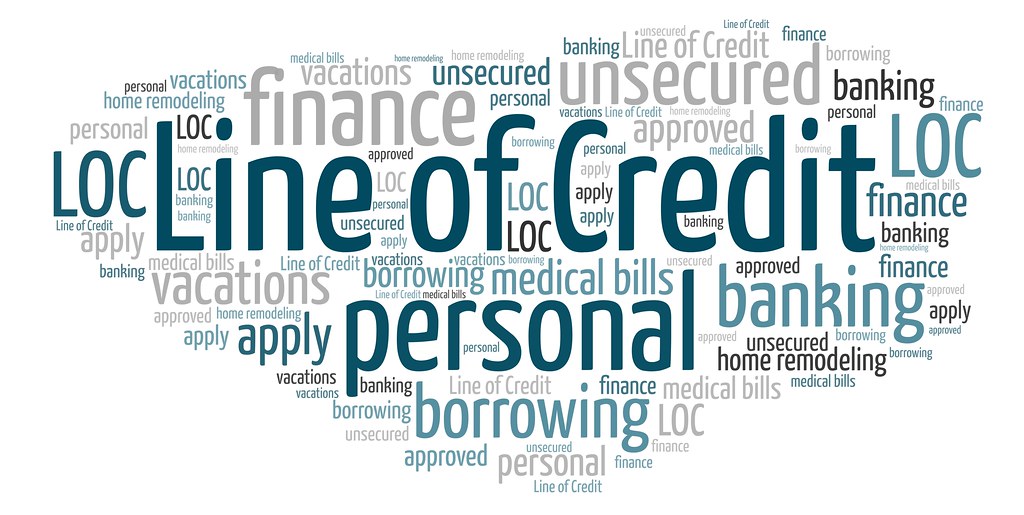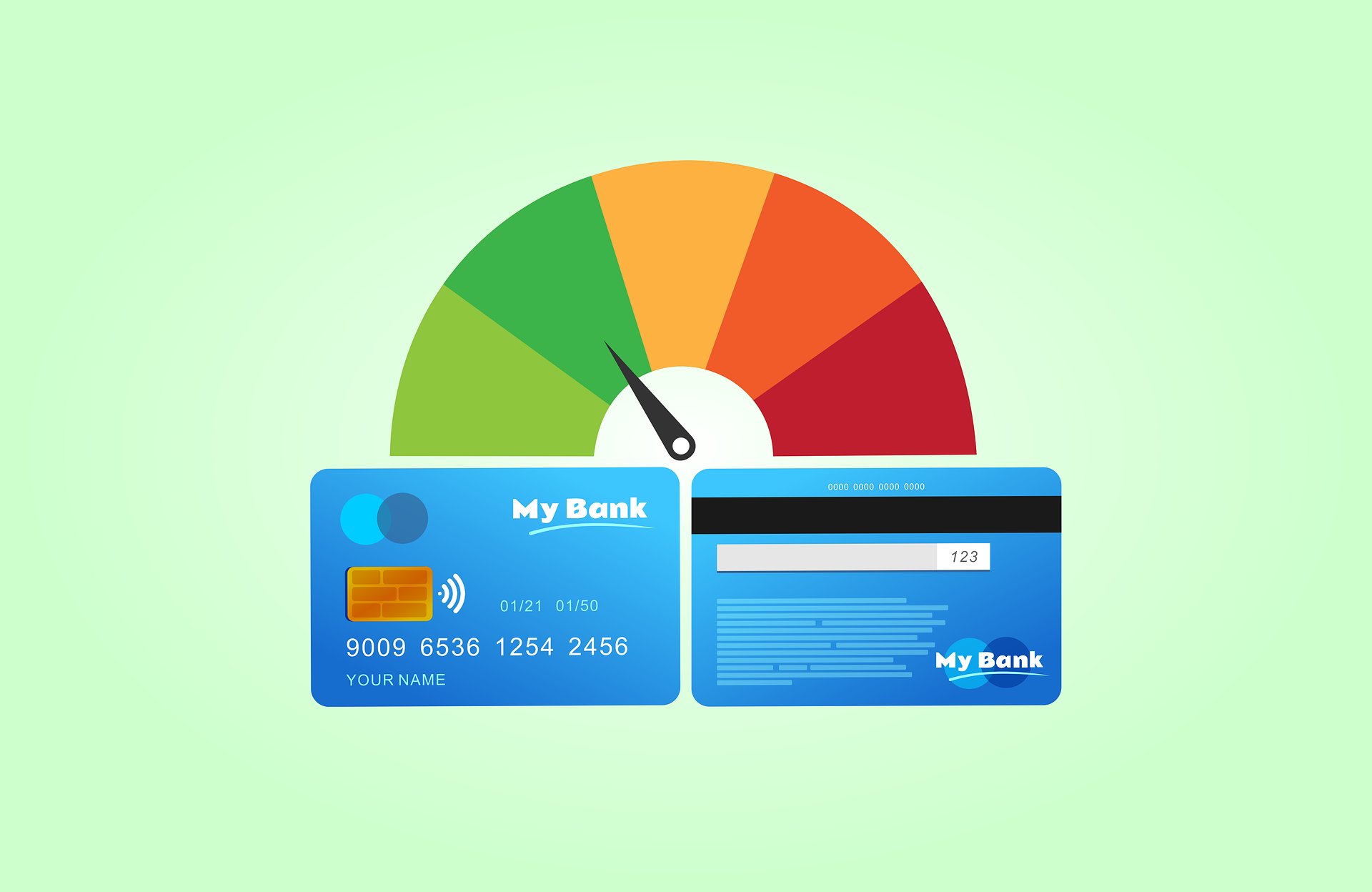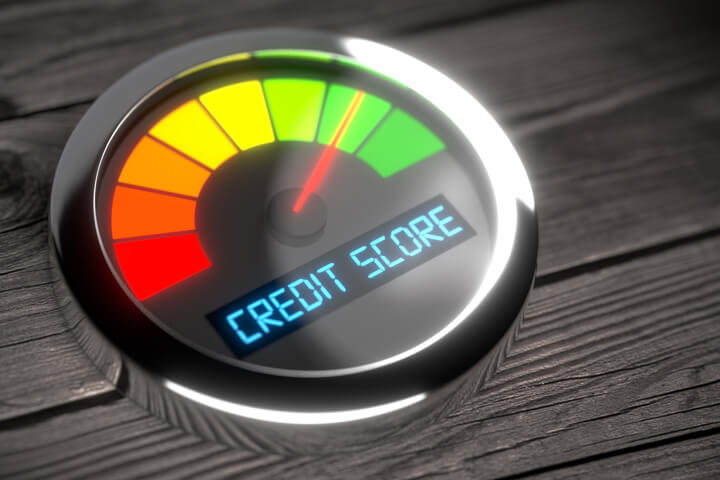How to Fix Errors on Credit Report
Tips and Tricks to Fix Credit Report Errors
Do you have errors on your credit report? The credit report information significantly impacts a person’s finances, buying power, chances of getting a job, etc. It also impacts the rent and insurance premiums paid because all creditors consider your credit report before allowing any loans.
Credit reporting companies like TransUnion, Equifax, etc., share your credit report information with these lenders, helping them decide if they should give you the amount.
Some companies even use credit reports to judge one’s sense of responsibility before hiring them. A person’s credit score also impacts their interest rate and the total amount they have to repay. Thus, it is essential to maintain a good credit score through a smooth and positive credit report.
These credit reports often show bad results because the credit reporting companies commit a mistake while formulating the report. Credit report owners should take immediate action if they find errors on their reports because there is a standard response and error removing period for making error claims.
It can be challenging to fix your credit report after that, which can have a long-lasting impact on your finances. A Consumer Financial Protection Bureau study indicates that one in five people find errors on at least one of their credit reports.
Ignoring credit report mistakes can drop your credit score, represent you as a financially irresponsible individual and have longer impacts on finances. It is essential to remove these errors from the credit report, but focusing on the correct practices matters just as much. We lined out the basic steps to follow after finding errors on the credit report.
How to Fix Errors on Credit Reports?
Following are the best practices to follow while facing credit report errors.
- Check all Credit Reports for Errors
- Gather Documentation to Credit Report Disputes
- Dispute the Credit Report Errors
- Review the Dispute Response
- Check all Credit Reports for Errors
There are three primary credit reporting companies: Experian, Equifax, and TransUnion. These credit reporting companies are equally credible, and consumers must check all three.
Consumers can request one credit report annually for free and pay for more if they need it. They may see a few differences between these reports because not all creditors report their activities to all three credit reporting companies.
Consumers should check all three reports if they detect a deviation or error in one of the reports.
The best part is that consumers do not have to pay anything extra while filing disputes with credit reporting agencies. Thus, the consumers can file as many error items on the report and demand error removal.
Filing a dispute will not negatively impact the consumer’s credit score but can change the credit score according to the results of the final credit report.
Gather Documentation to Credit Report Disputes
The credit reporting agencies will not take the consumer’s word when they dispute errors in the report. The firms need tangible proof, so they need to provide all necessary documents as evidence.
Consumers want to make the companies accept their mistakes as soon as possible, so presenting documentation is the fastest way out of it.
The consumers need to provide documents according to the kind of error their report has. The errors can include basic credit card statements, copies of bank statements, birth certificates, documents for marriage/divorce, identity theft filings, etc.
The credit reporting companies will assess the document and situation to find the fastest error-removing method. In addition, some consumers may also need to present their FTC complaint or a police complaint record to add value to their claims.
What Other Documents Should Consumers Provide?
Providing basic financial statements is crucial, but consumers need to add more documents to their error removal dispute. Following are some of the most common documents that consumers file with their claims.
- Current address and past addresses
- Date of birth
- Driver’s license or passport
- Proof of identity
- Social security number
- Utility bill or bank or insurance statement
Most of these documents prove citizenship and ownership in a state. The credit reporting companies confirm the identity and then fix the credit report.
Dispute the Credit Report Errors
Consumers need to proceed with their complaints once they gather and provide all documents. It is essential to assess all three credit reports and list down why one thinks a particular report item is incorrect. Attach supporting documents with each claim to add more weight or a letter to present the case.
Consumers can choose from various options while disputing credit error reports with the reporting bureaus. Depending on what suits them the best, consumers can file the dispute through a phone call and email or submit an online application.
Consumers who wish to submit a mail for their claim should ensure the following mail items.
The mail should have basic information and identity details, including consumer name, age, address, telephone, and other contact details. In addition, list down a report confirmation number where the concerned authorities can confirm the applicant’s dispute before further processing it.
Consumers should list every mistake separately with its corresponding information. For instance, they can add account information or account information a consumer files a dispute over.
Explain the stance on the information dispute and why it is incorrect. Go into as much detail as possible during this section.
Next, add a request to remove the false information and provide an updated report to be sure.
In addition, attach a copy of the credit report section that consumers file the dispute over. This way, the concerned authorities can reconsider specific cases and present a solution for them accordingly.
Experts suggest it is best to send mail through a certified service and get a receipt. The receipt proves that consumers send their credit report dispute on time.
Here is a list of information for each credit reporting company accordingly.
Experian
- Online: www.experian.com/disputes/main.html
- By phone: (888) 397-3742
- By mail:
Experian
P.O. Box 4500
Allen, TX 75013
TransUnion
- Online: https://dispute.transunion.com
- By phone: (800) 916-8800)
- By mail:
TransUnion LLC
Consumer Dispute Center
P.O. Box 2000
Chester, PA 19016
Equifax
- Online: www.equifax.com/personal/credit-report-services/credit-dispute/
- Phone: (866) 349-5191
- By mail:
Equifax Information Services LLC
P.O. Box 740256
Atlanta, GA 30348
What Should Consumers Do Next?
It is essential to confirm that the application meets the entire dispute filing criteria and recheck it before final submission. Consumers need to inform the lender company (bank, creditor, lender, credit card issuer, etc.) as they are the ones who provided the disputed information to the credit reporting companies.
The information providers are also called furnishers and can help stop the agency from further incorrect reporting. However, it is best to take the initiative on your end and should not expect the furnishers to do everything.
Review the Dispute Response
The credit bureaus have to assess the dispute application and respond within 30 days under normal circumstances. The credit bureau will either agree to or reject the dispute claim, and filters will decide accordingly.
If they agree to the dispute claim:
The firm will remove the disputed items and share an updated copy of the credit report to confirm its removal. The credit reporting bureaus need to report and communicate the error removal with anyone who has received the credit report in the past six months. Similarly, they need to update anyone who requested the credit report status in the past two years for hiring the victim.
If they do not agree to the dispute claim
If a credit reporting company does not accept the credit report dispute application, consumers can proceed to the Consumer Financial Protection Bureau regardless of tangible proof. The CFPB will handle matters and give progress updates with time.
What Are The Common Credit Report Errors One Should Look For?
Consumers can only report disputes over their credit reports if they know what these errors include. Thus, it is essential to go through some of the most common errors in credit reports. We have categorized these errors into three categories to make them more understandable. Let us begin.
Personal Information Mistakes
Credit reporting companies handle millions of people every year, which increases the chances of confusion. The reporting bureaus often confuse one consumer for another and make errors in the credit reports.
The most common reason for this mistake is the identity or personal information mistake. Following are some signs that can indicate personal information mistakes in the credit report.
- Incorrect contact information
- Incorrect middle initial
- Misspelling of a name
- Incorrect name
Any deviation against a consumer’s legal information could indicate potential mistakes from the credit reporting agency. It is best to update the information whenever consumers move to a new home, change their number, name, etc.
Similarly, recently divorced couples with joint spouse accounts should also update the credit reporting companies with the latest information. It saves the firm from unnecessary confusion and ensures they report the correct information under one’s name.
Informing the authorities will also save unnecessary interest payments and current debts. Remember to provide divorce or marriage documents to ensure the related departments update their database.
Account Mistakes
Most financial transactions and requests need an account number. Consumers should assess their credit reports for any wrongly listed account numbers in the report. Banks, creditors, and lenders can mistakenly list particular loans under an account number, negatively impacting the credit score.
These account mistakes could indicate two possible reasons, which are as follows:
Cleric Mistake
Cleric mistakes involve human error while entering information by the bank or a lender. Informing the concerned firm about the mistake fixes the problem, which is quite simple.
The consumer can contact them via email, phone, or personal meetings to present their problem. The organization will fix the account number mistake and restore the credit report. Nevertheless, always check the updated credit report to confirm error removal.
Identity Theft
Identity theft is a more severe scenario considering it involves information theft, illegal activities, etc. It may also include situations when a person makes financial transactions, opens accounts, or performs illicit activities under another person’s information.
Identity is a severe legal concern, and it is essential to report it on priority. Recovering from identity theft is a long process, so it is best to report it as soon as the consumers recognize it.
Account Reporting Mistakes
Missed and late payments are other common reasons for a poor credit report. It is alarming because non-updated payments could make the account owner a defaulter on official records. The poor payment records will also drop the credit score, costing the consumer more financially. Victims could experience the following common problems in case of such activities:
- Being listed as an account holder instead of an authorized user, or vice versa
- Reporting an opened account as a closed account, and vice versa.
- Incorrect balance
- Incorrect credit limit
- Seven-year-long debts or older
- Incorrect payment dates
- Incorrect account opening or closing dates
- Late reported account payments
In addition, having a closed account still running under the consumer’s name will have the most impact on their credit history. It is because the account is active but has no transactions whatsoever.
It is an alarming situation, so consumers should all necessary deviations to the concerned authorities and sort them out as soon as possible. Try to dispute these accounting errors on priority because removing them is more accessible.
Keep in mind that the Under the Fair Credit Reporting Act (FCRA) gives equal responsibilities to the reporting agencies and the consumers. Thus, reporting credit report errors is also a legal responsibility.
Bottom Line
Fixing errors on a credit report is an essential task considering it can negatively impact credit history, occupational opportunities, and increase interest payments. It is essential to report any credit report errors the consumers find.
Request a free copy of the credit report and check for details. Pay attention to detail and mark the minor deviations because these mistakes can pile up and impact financially.







